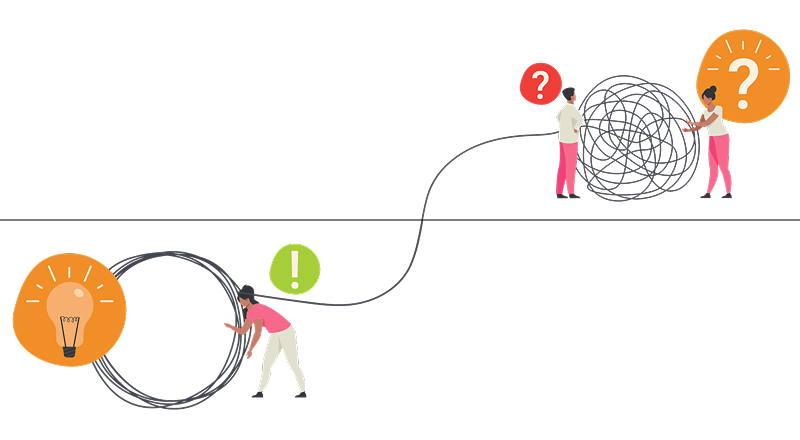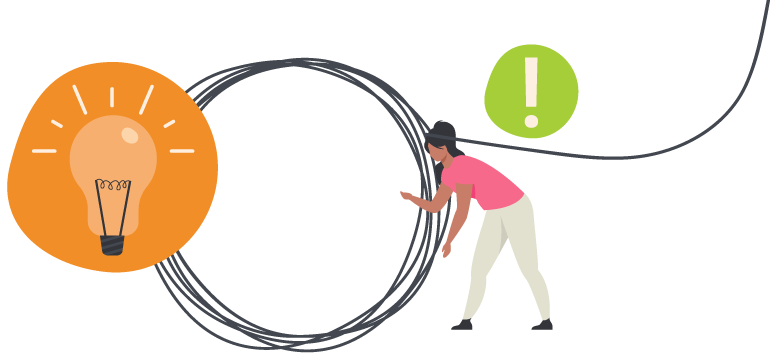A breakthrough tool using artificial intelligence and IoT for mosquito surveillance to improve vector control
Problem
In the absence of an effective triage test for TB which can help narrow down the number of presumptive TB patients, health systems around the world have to undertake a large number of confirmatory TB tests – requiring more financial and human resources, and increased testing capacity. An accurate and affordable triage test for use at the point of care can help reduce the number of confirmatory tests required, and presumptive TB patients.



Solution
A one-minute, bivalent, accurate rapid diagnostic test for malaria, that works on a simpler principle of detecting Hemozoin, a metabolic by-product formed due to malaria infections. The hand held device tests for both Plasmodium falciparum (Pf) and Plasmodium vivax (Pv) using a single blood sample at the patients’ doorstep, with test results available in 1 minute. The targeted cost per test is $2, which is half of currently available tests. The device enables automated data capture and transmission of case & patient details to the malaria surveillance system ensuring case details are reported in real time. Gazelle is a platform which also supports a test for the diagnosis of sickle cell disease. Tests for other infectious diseases using this platform are under development.
IMPACT
Moskeet is being used by several communities across five cities in India (Hyderabad, Thiruvananthapuram, Panjim Smart city, Vijaywada, Yanam-Puducherry), touching lives of 3,25,000 people so far.
The innovation has already shown:
- It gathers and interprets disease surveillance data 20 times faster, 3 times more accurately, and at 15% of the current cost of manual methods
- Nearly 85% savings on surveillance with value addition of real-time data;
- Reduction in fumigation costs by 20% through identification of more effective pesticides; and
- Helped focus resources on high-risk areas, thereby reducing the mosquito populations by 60% and decreasing the disease burden by 40%
- On the global stage, Moskeet was listed in the United Nations Development Program (UNDP) Solution Catalog, which is accessible by 170 country offices, where it can be considered for adoption and scaling up.
- Moskeet’s pilot project has just been initiated in G South ward in Mumbai in collaboration with Municipal Corporation of Greater Mumbai . This pilot will aim at mosquito management and monitor insecticide susceptibility.
- Machine learning data sets completed for a total of 10 species of mosquitoes. The data sets have also completed field validation at Regional Medical Research Centre (ICMR affiliate), Bhubaneswar.
“Mosquito-borne diseases infect 40 million people every year, and 95% of population in India resides in Malaria endemic areas Moskeet platform collects real-time data and provides analytics for effective control of mosquito- populations, disease outbreak risk analysis and pesticide effectiveness. IHF support helps to expand the solution capabilities to major medically relevant mosquito species in India covering diseases like malaria, dengue,
chikungunya, filaria and Japanese Encephalitis.”
